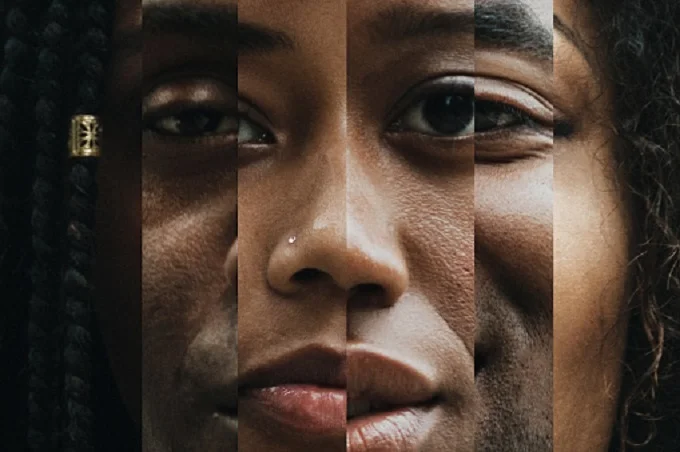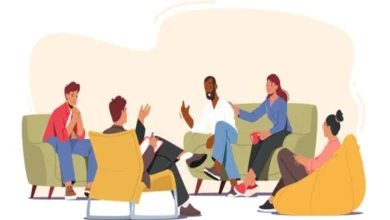What are prejudices and how to deal with them?

Strong and unfounded views on the world around us, people and social phenomena are called prejudices. Almost everyone is affected in one way or another. How to abandon prejudice and stereotyped thinking, read in this article.
How do prejudices appear?
Prejudice and biased categorical opinions about various issues are inherent in every person. Often, prejudice is based on established cultural clichés, misconceptions imposed by advertising, and outdated scientific hypotheses. A habitual false view of something can be formed not only by a person but also by an object, phenomenon or other creature.
The sources of established stereotypes can be society as a whole and members of our family. Stereotyping of thinking happens to us in childhood due to the inability to independently analyze the world. However, in adulthood, it is possible and necessary to get rid of stereotypes to learn to perceive the world as it is.
How to get rid of prejudice
Stereotypes and established false ideas about people and the world prevent us from objectively perceiving what is happening and do not allow our brain to develop. Racial, sexual, age, religious, sexual and other prejudices hinder human development. That is why we need to fight stereotypical thinking. Below are some tips on how to do this:
Learn to analyze what is happening and develop critical thinking independently
Critical thinking will allow you to analyze information and make decisions not based on established stereotypes but from an independent analysis of a situation or a person. To develop critical thinking, read various literature, watch documentaries, observe people’s behaviour, try to communicate with them as much as possible in different situations and do not be afraid to ask questions.
Raise your intellectual level
A smart person is pleasant in communication and tries not to rely on stereotypes. To constantly improve your level of intellectual development, you need to work hard and regularly load the brain with complex tasks. Study foreign languages, exact sciences, read more books. The result of intelligence is also facilitated by curiosity, interest in the world around us and the right hobbies.
Refuse hasty conclusions and judgments
People who draw unfounded conclusions most often have insufficient information or do not want to analyze the situation on their own. To get rid of stereotypes and stop making hasty conclusions, you need to learn to focus on solving an exciting issue and try to delve deeply into its essence.
Surround yourself with interesting people
A toxic environment will always try to impose its point of view on you, which is often based on stereotypes. To eliminate prejudices and begin to think and make decisions independently, it is essential to surround yourself with sane, tolerant people who also want to look at the world, not through the prism of other people’s opinions.
Check the information you receive from outside
Distortion of facts is a frequent occurrence in today’s fast-paced world. To learn to distinguish truth from myth, you must first understand how to weed out unnecessary and unreliable information.
It is important to cross-check the data obtained through several sources and analyze them: try to find out the details of the issue of interest from a person who has accurate information and can tell about something by his example.
Learn to put yourself in the other person’s shoes
To get rid of prejudice and stereotyped thinking, you need to become an empathic person and learn to put yourself in the place of another. This will help you understand that each person looks at the world differently and is guided by their reasons, performing some action. Empathy will help you learn to understand people’s actions without judgment, conclusions and prejudices.
Ignore the imposition of destructive and negative ideas about the world
Dealing with the negative energy of others is not easy. However, you can look at the world differently by getting rid of external stimuli. To learn how to analyze information and not rely on stereotypes independently, you need to understand how and why to set personal boundaries.
It is also important to learn to respond meaningfully to negativity and not show emotional or physical aggression. To learn to think outside the box, try to always focus not on problems but on how to solve them.




